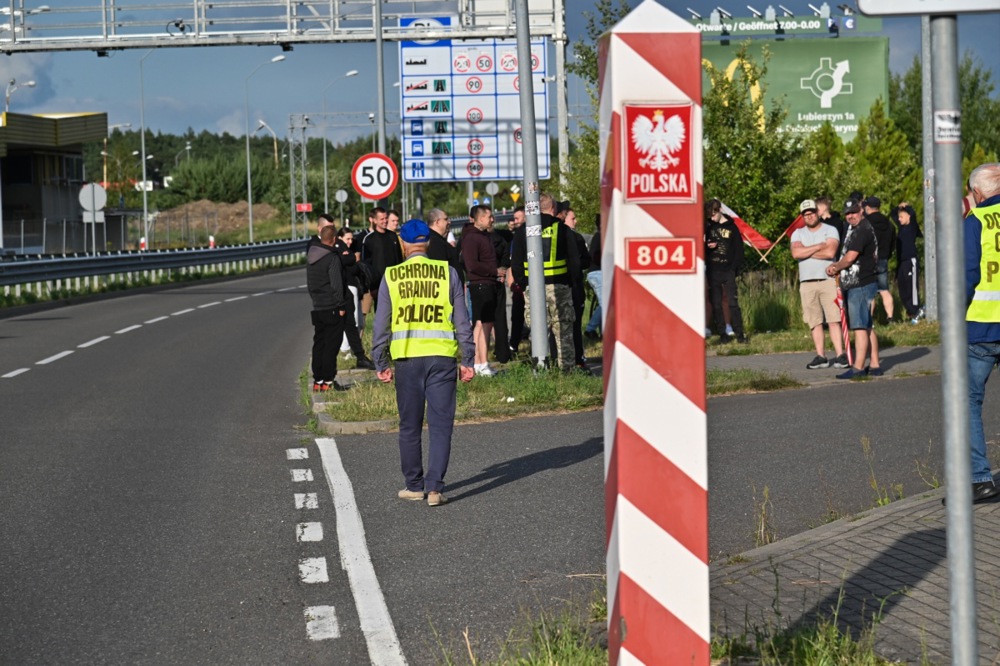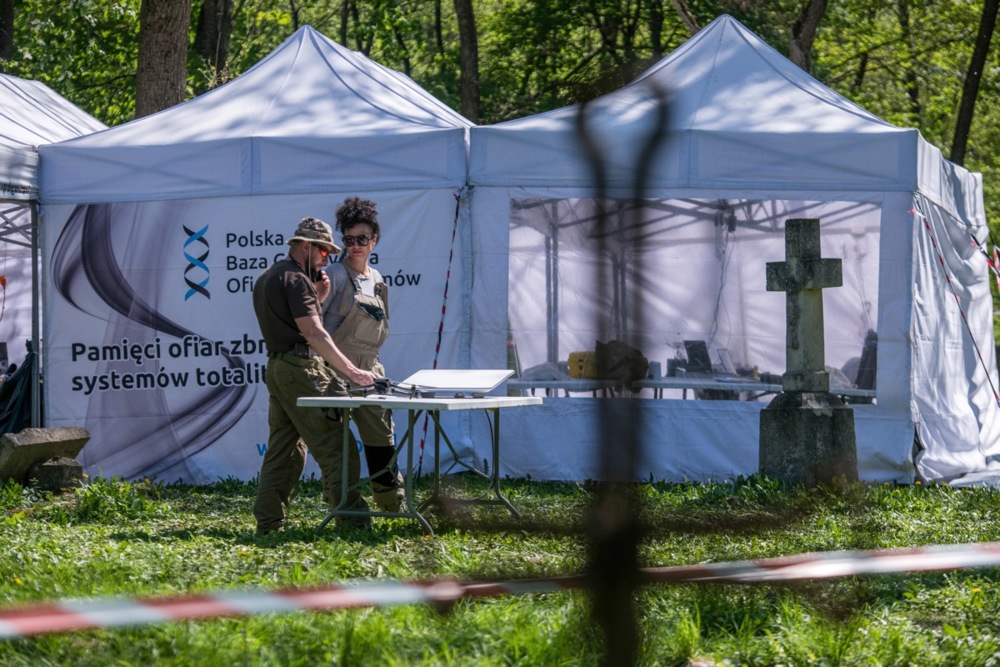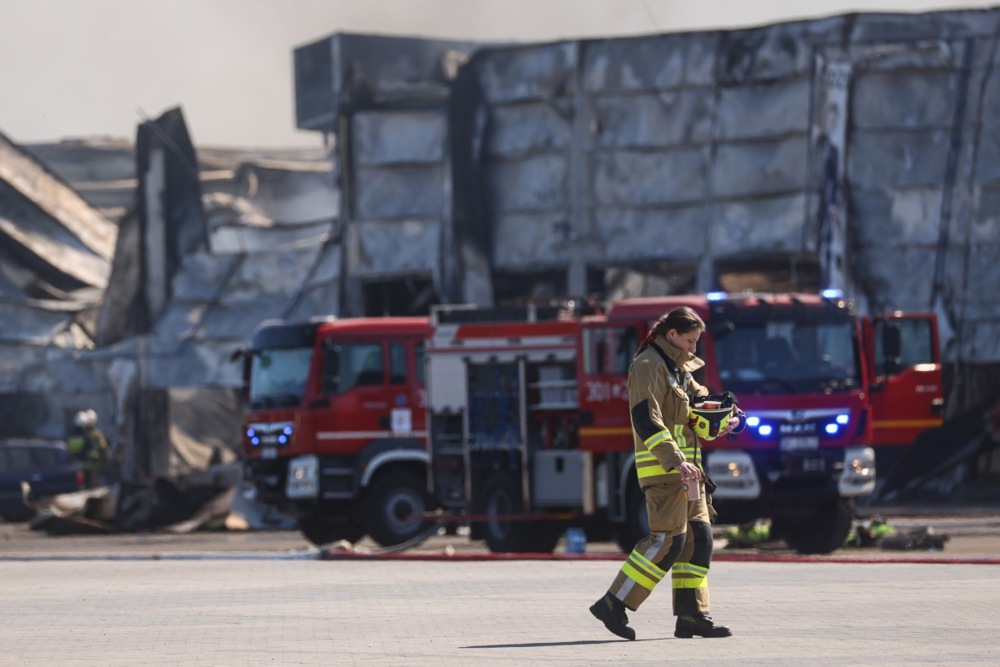Ukraine’s President Volodymyr Zelensky has signed into law legislation that recognises ethnic Ukrainians expelled from Communist Poland after the Second World War as victims of illegal deportation, offering them and their descendants compensation.
The resettlements took place between 1944 and 1951 under agreements between the Soviet Union and Poland’s post-war Communist regime from 1944 to 1951.
Between 1944 and 1947, almost half a million ethnic Ukrainians left 22 areas in southeast Poland, with around 250,000 of them being relocated by force.
The largest wave occurred in 1947 during a forced resettlement campaign known as Operation Vistula, in which around 140,000 Ukrainians were relocated to northern and western parts of Poland.
Most of those displaced during Operation Vistula, though, remained Polish citizens who were relocated mainly to the western territories Poland gained from Germany as part of the post-war territorial settlement.
The new Ukrainian legislation, signed into law on July 29, classifies the forced relocations as criminal acts committed by both the Soviet Union and Poland’s Communist government.
According to Anton Drobovych, former head of Ukraine’s National Memorial Institute, the legislation was a step forward in acknowledging historical injustice.
“It is good that, step by step, legal and historical clarity is being added to these issues, and most importantly, without scandals and politicisation of history,” he posted on social media.
The announcement came weeks after Poland adopted a bill declaring July 11 a National Day of Remembrance for the victims of the Volhynia massacres, a campaign of ethnic cleansing carried out by the Ukrainian Liberation Army (UPA) in 1943 and 1944 that claimed the lives of over 100,000 Polish civilians.
Ukraine has refused to recognise the Volhynia incidents as genocide and maintained that Poland was also guilty of criminal actions against ethnic Ukrainians. Kyiv has been reluctant to grant Poland extensive rights to conduct exhumations of the Volhynia victims.
Poland’s president-elect, Karol Nawrocki, argued that Ukraine should not be allowed to join the European Union until the Volhynia massacre issue is fully addressed.
Poland has acted as a hub for humanitarian and military aid to Ukraine following the 2022 Russian invasion and provided significant military aid in the early stages of the war.
It has also represented a first port of call for hundreds of thousands of Ukrainian refugees.
Relations have since soured as Ukraine has maintained its defence of its nationalist forces in the Second World War and because of the impact of Ukrainian grain exports on the Polish market.





